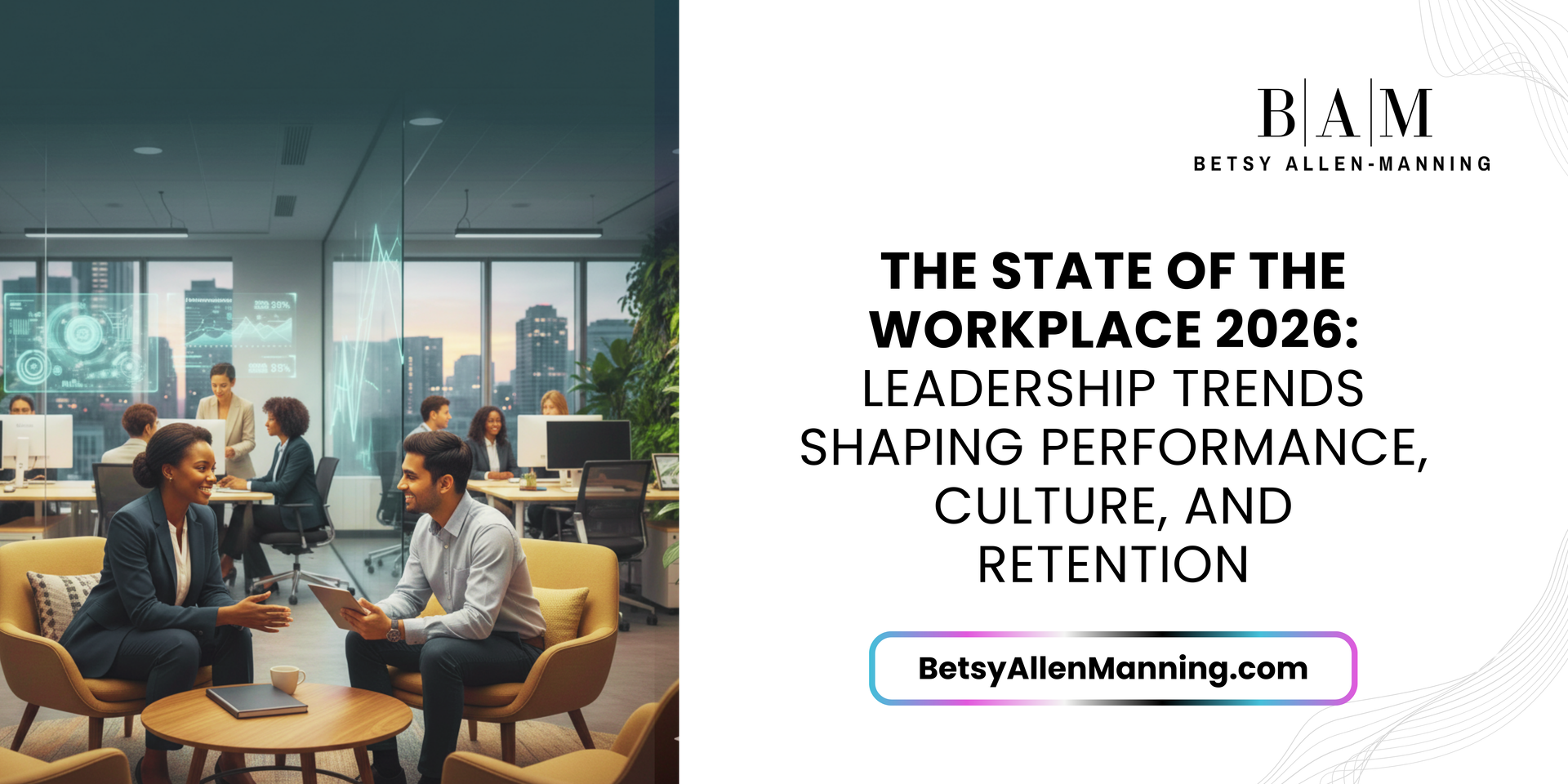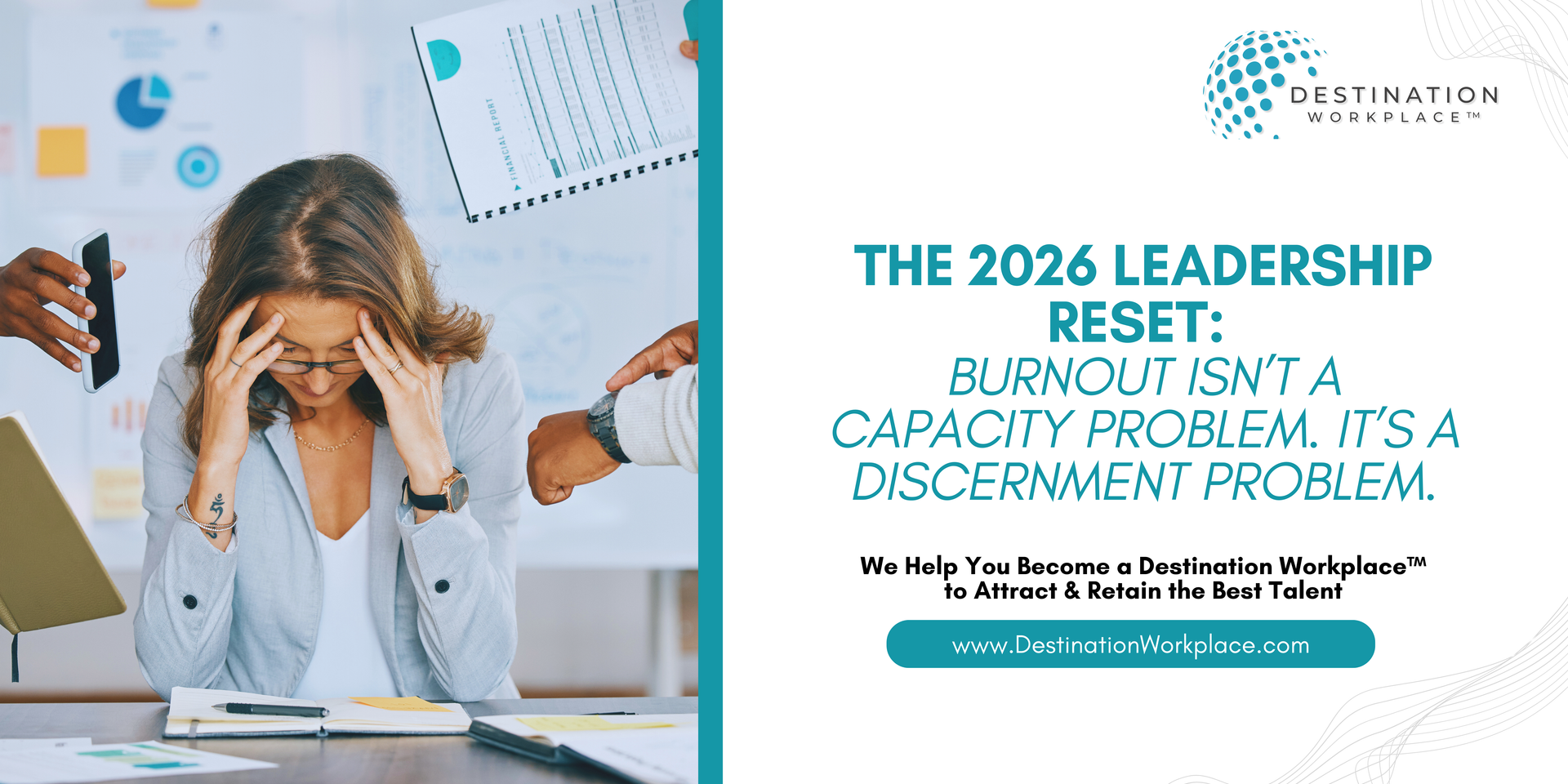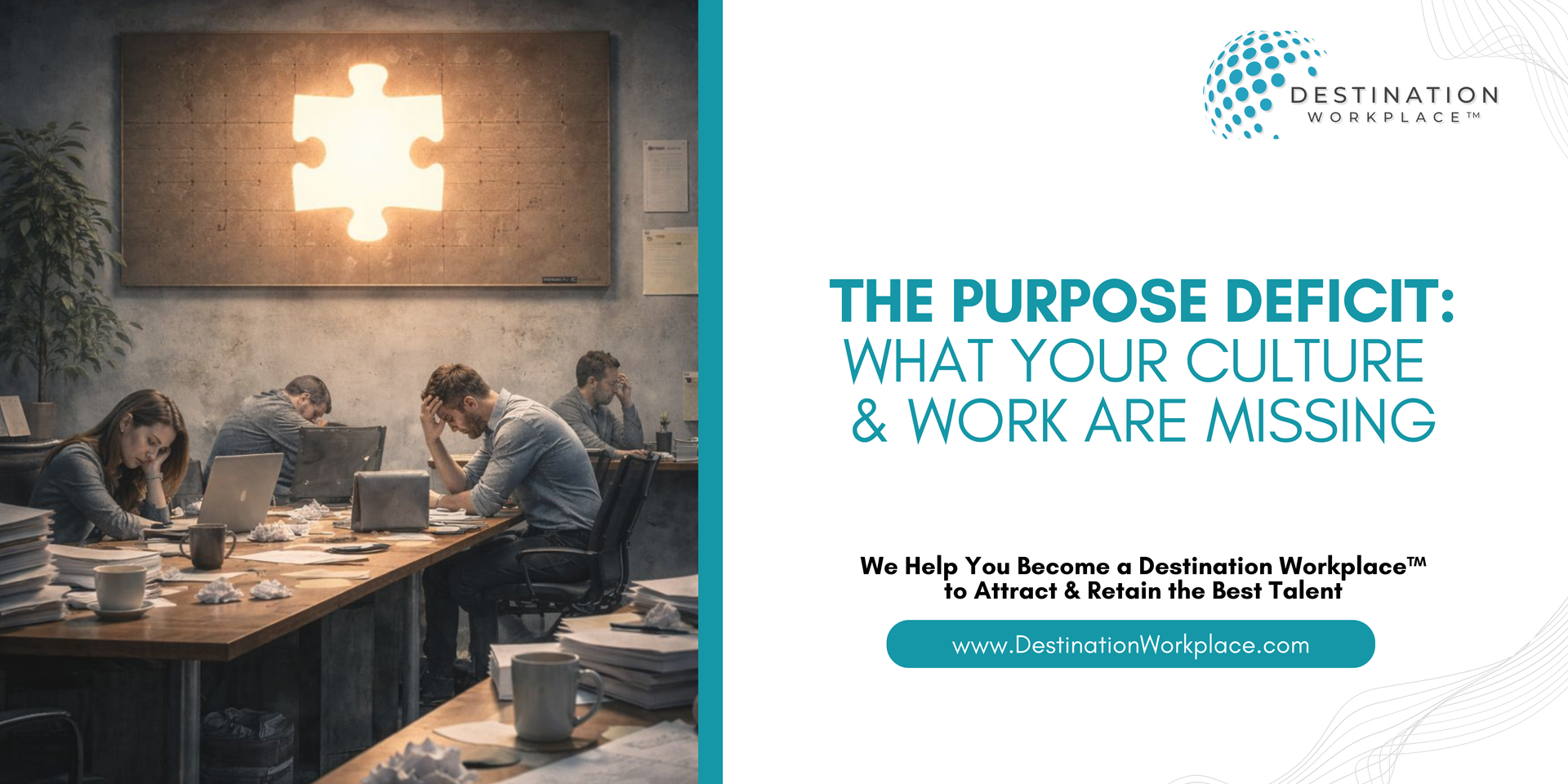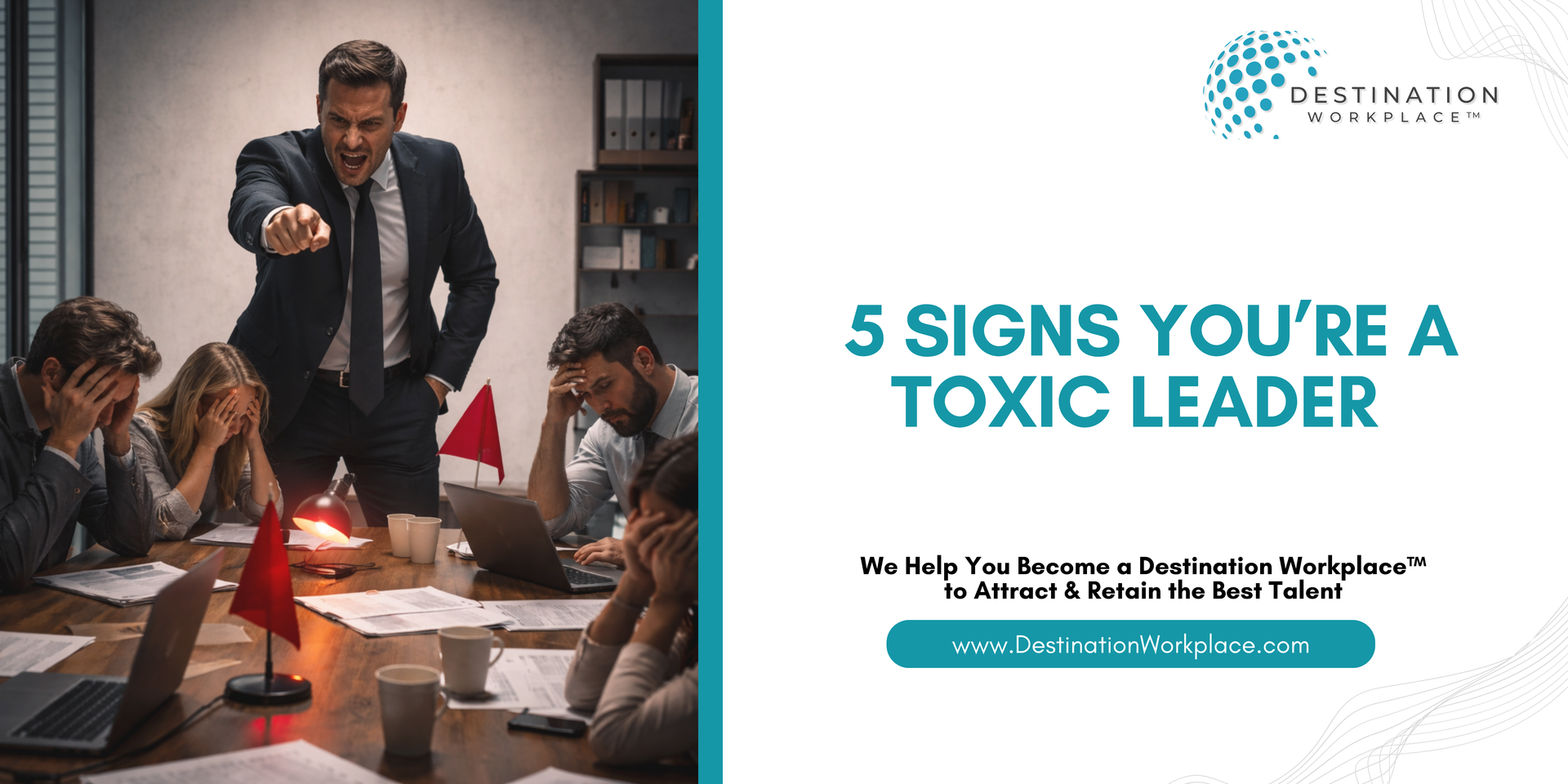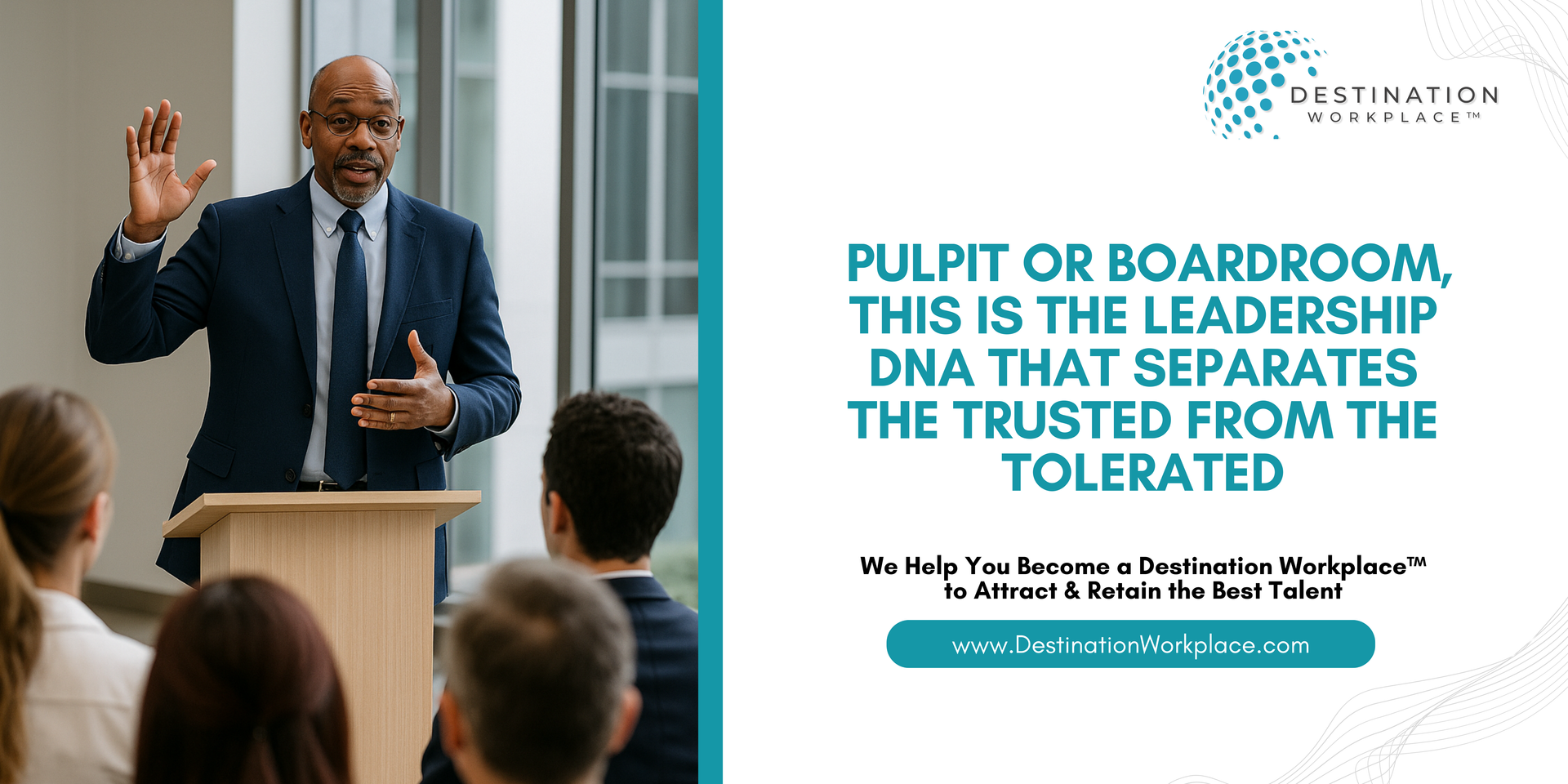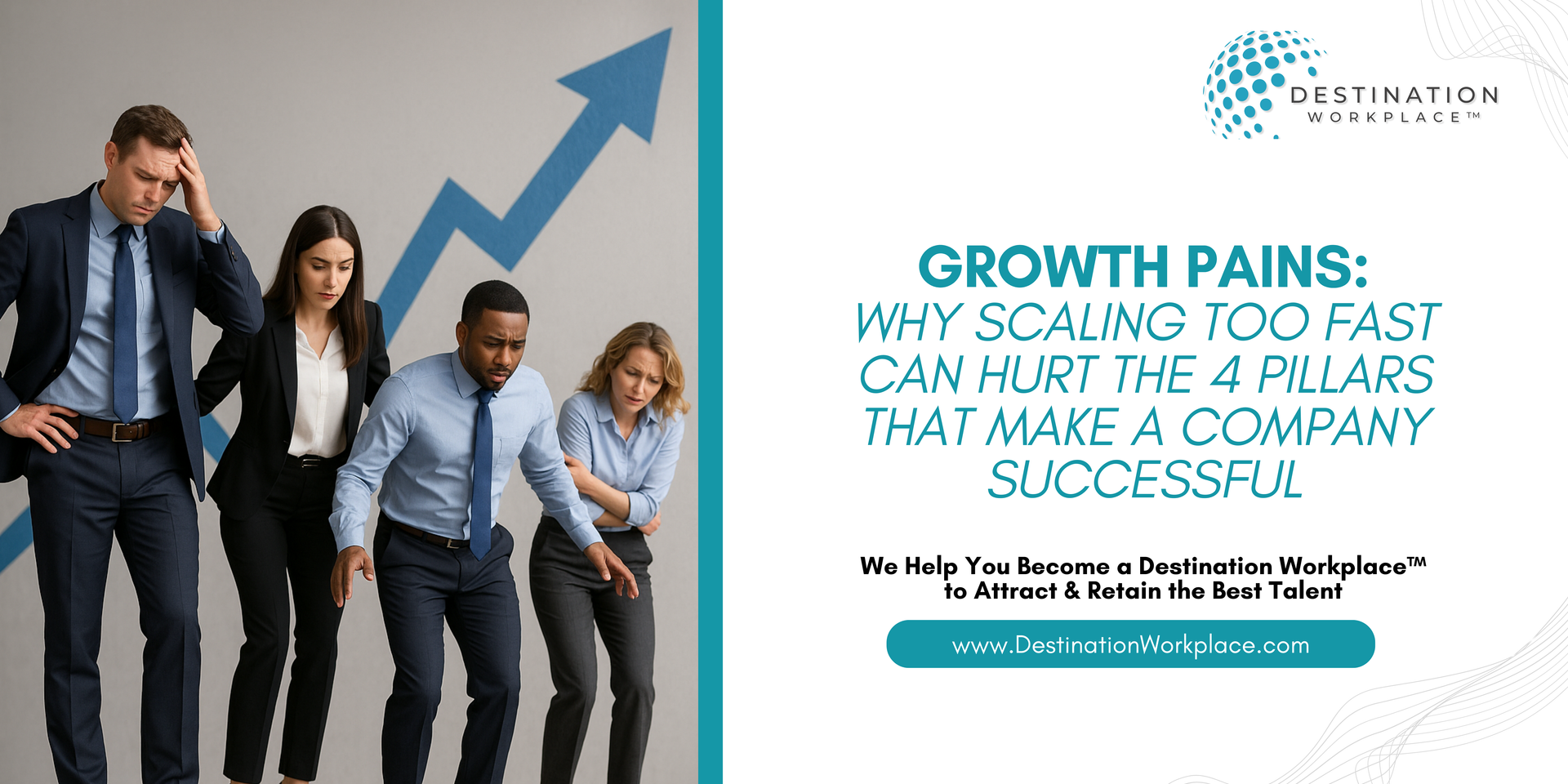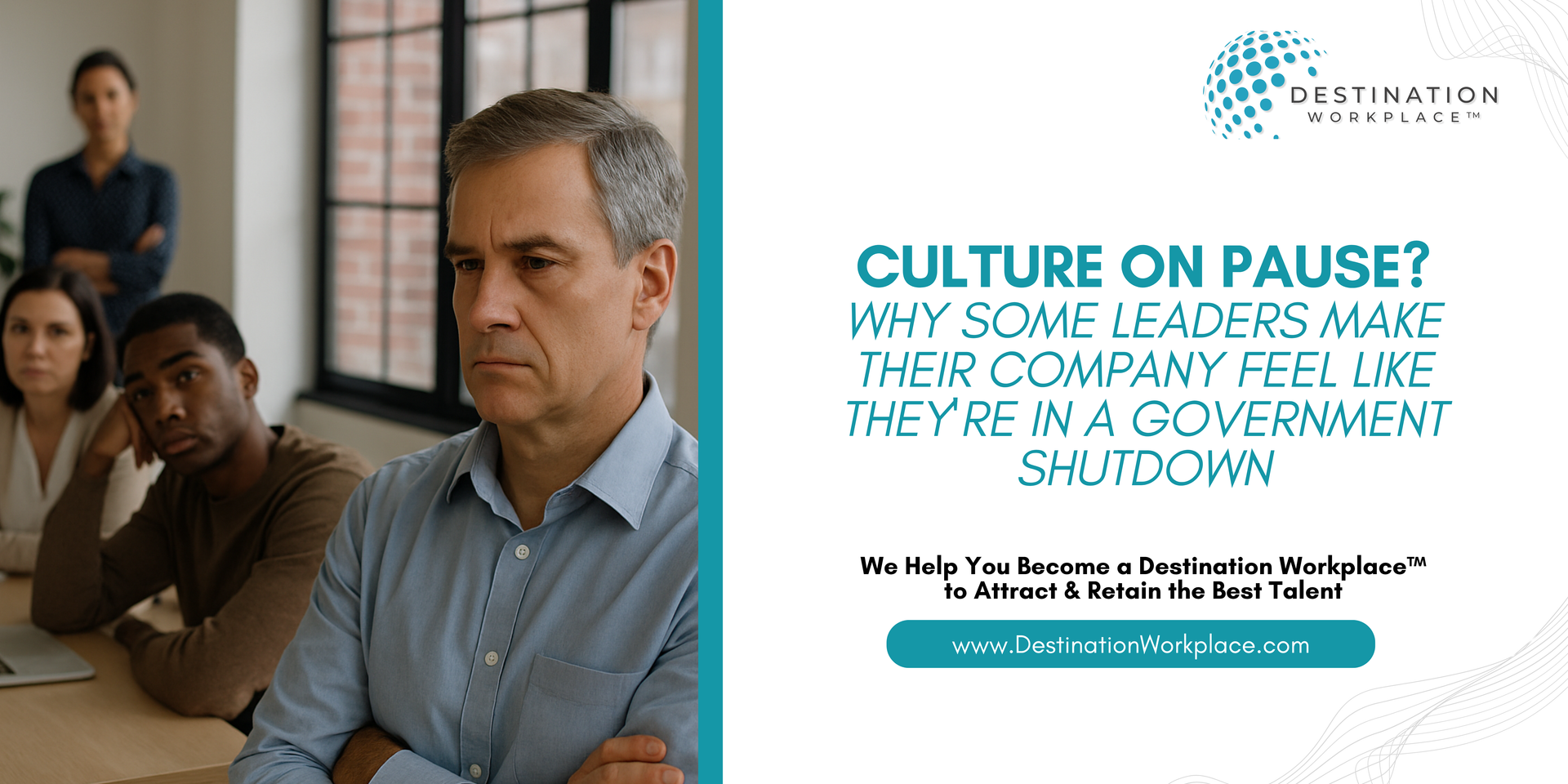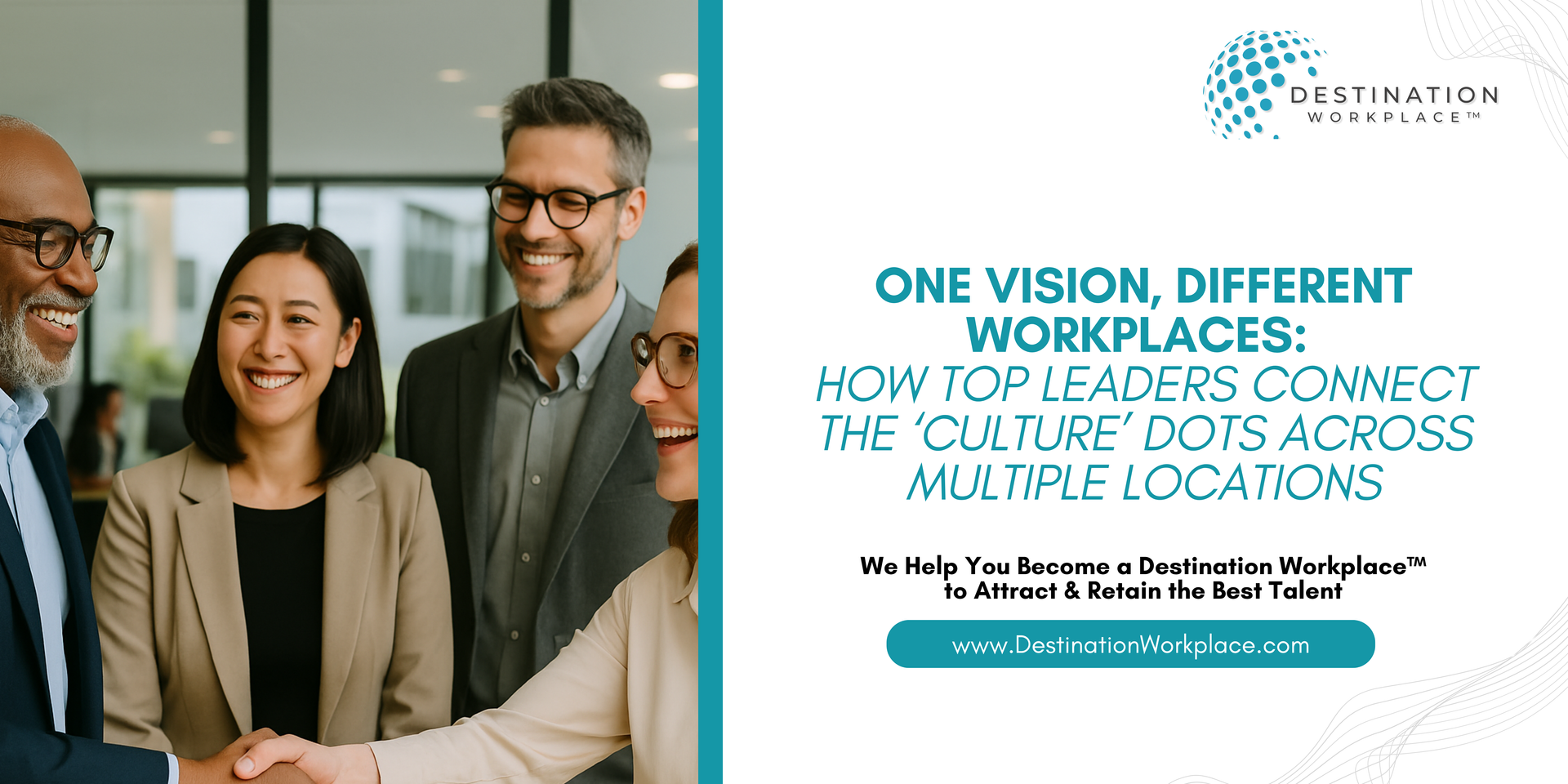5 Effects of Employee Favoritism and Tips for a Fair Workplace Culture
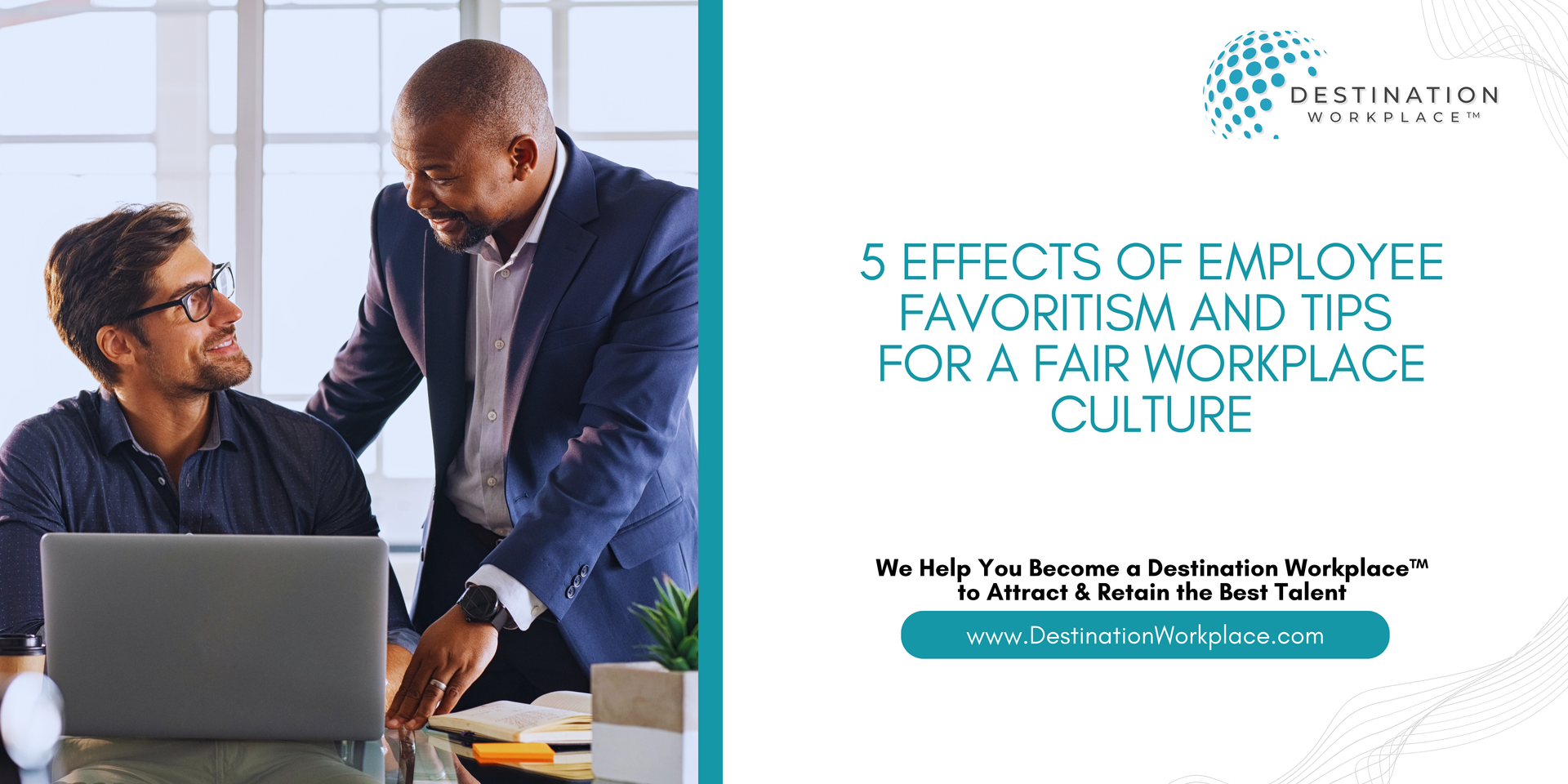
Favoritism in the workplace can have profound effects on employee morale, engagement, and overall productivity. When employees perceive favoritism—whether real or perceived—it can lead to a range of emotional responses that ultimately impact the workplace culture. Understanding these effects is crucial for leaders aiming to create a fair and non-toxic workplace environment. This article explores 5 effects of favoritism on employees and provides actionable strategies for organizations to address this issue effectively.
1. Decreased Morale and Motivation
According to a survey by the Workforce Institute, 63% of employees reported feeling demotivated and devalued when they perceive favoritism in the workplace. When people believe that certain individuals receive preferential treatment, it can lead to decreased job satisfaction.
Tips for Action:
- Promote transparency in decision-making: Clearly communicate the criteria for promotions, raises, and recognition.
- Provide equal opportunities for all employees to demonstrate their skills and achievements.
Example: A tech startup that implemented clear performance metrics for promotions saw a 40% increase in overall employee engagement scores within one year.
2. Increased Stress and Anxiety
Favoritism can create an environment where employees feel they need to compete for attention and approval, leading to a toxic and more stressful atmosphere.
Actionable Steps:
- Foster open communication: Encourage employees to voice concerns about favoritism in a constructive manner.
- Provide stress management resources: Offer employee wellness workshops or counseling services to help employees cope with workplace stress.
3. Erosion of Trust and Team Cohesion
A study published in the Journal of Applied Psychology found that workplaces characterized by favoritism experienced a 25% decline in team cohesion and collaboration. Employees may feel betrayed when they perceive that favoritism undermines their hard work and dedication.
Tips for Action:
- Encourage team-building activities that promote collaboration and foster strong relationships among team members.
- Implement rotation systems for leadership roles or project responsibilities to ensure fairness and inclusivity.
Example: A financial firm that established a rotation system for team leads reported improved collaboration and trust among employees, resulting in enhanced team performance.
4. Impaired Professional Development
When favoritism exists, it can lead to unequal access to professional development opportunities. Employees who are not favored may miss out on mentorship, training, and career advancement opportunities, limiting their growth.
Actionable Steps:
- Implement mentorship programs that pair employees with leaders across various departments, ensuring equal access to guidance and support.
- Offer leadership development programs that are available to all employees, regardless of their perceived status within the organization.
5. Increased Turnover Rates
Research from the Society for Human Resource Management indicates that organizations experiencing favoritism have turnover rates that are 27% higher than those with fairer workplace practices. High turnover can be costly for organizations, leading to disruptions in team dynamics and increased recruitment and training costs.
Tips for Action:
- Conduct exit interviews to understand the reasons behind employee departures and identify patterns related to favoritism.
- Establish retention strategies that focus on creating a fair and equitable workplace culture.
Example: A manufacturing company that conducted exit interviews identified favoritism as a significant factor in employee turnover. By addressing this issue through training and policy changes, they reduced turnover by 15% within the following year.
Favoritism can have profound effects on employees and your company culture. To foster a healthier workplace culture, organizations must recognize the detrimental impacts of favoritism and take proactive measures to address them.
Creating a winning company culture takes effort, but it's well worth it, and company culture happens to be our area of expertise. We help you become a
Destination Workplace™ so you can attract and retain the best talent in this hyper-competitive marketplace. Contact us to learn about our
leadership development,
culture development,
corporate wellness programs and more!
The Destination Workplace™ Team
About Betsy: Featured on FOX, CBS, NBC, and ABC, Betsy Allen‑Manning is a leadership keynote speaker and high‑performance expert who works with executives, managers, and teams to ignite commitment, elevate excellence & infuse purpose into their workplace culture.
Her C.O.M.M.I.T. Framework™ and ‘DNA for Success’ keynote series deliver data‑backed, high‑energy presentations that strengthen leadership, enhance team performance, and build resilient cultures where people thrive and stay. Betsy is also the founder of Destination Workplace™, an award‑winning leadership training company in Dallas, recognized for advancing leadership excellence and driving a culture of high performance in some of the world’s most respected organizations.


